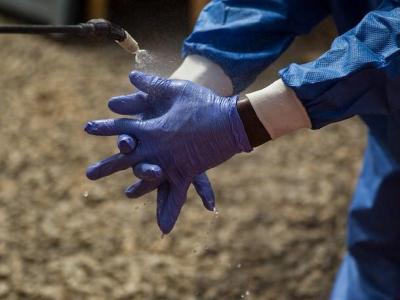- The World Health Organization (WHO) published a new global flu update, and said many Southern Hemisphere countries are reporting declining activity following seasonal peaks in recent weeks. A few parts of the world are seeing elevated activity, including Bangladesh and the Maldives. Activity is below seasonal thresholds in the Northern Hemisphere. Globally, of samples tested during the middle 2 weeks of July, 72.2% were influenza A, and of subtyped A samples, 51.1% were 2009 H1N1.
- Today the Coalition for Epidemic Preparedness Innovations (CEPI) announced up to $3.6 million to support the development of Gennova Pharmaceutical's self-amplifying thermostable mRNA (saRNA) vaccine platform for developing measures against disease X. Disease X is a catch-all term for unknown pathogenic threats. Once developed, the saRNA-platform technology will be tested against rabies viruses in preclinical studies, which will help determine how successful this new technology can be. "To make sure the world has access to such technology quickly and equitably the next time Disease X strikes, CEPI is supporting novel RNA vaccine technologies with significantly improved attributes—in terms of scalability, thermostability, immunogenicity, and affordability—that could provide versatile platforms for rapid response against emerging infectious threats," said Melanie Saville, PhD, the executive director of vaccine research and development at CEPI.
- For the second time this summer the Arizona Department of Health Services (ADHS) announced that a company has recalled its cannabis products due to Salmonella contamination found in lab tests. No humans have been sickened by these gummies, and the recall was voluntary. Earlier this summer, Arizona officials warned about Salmonella and Aspergillus contamination in a few live-resin concentrate and plant trim products, based on testing.
Quick takes: Global flu declines, CEPI funding for disease X, more contaminated cannabis products
News brief









